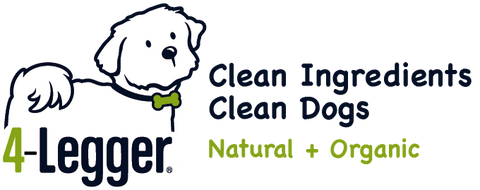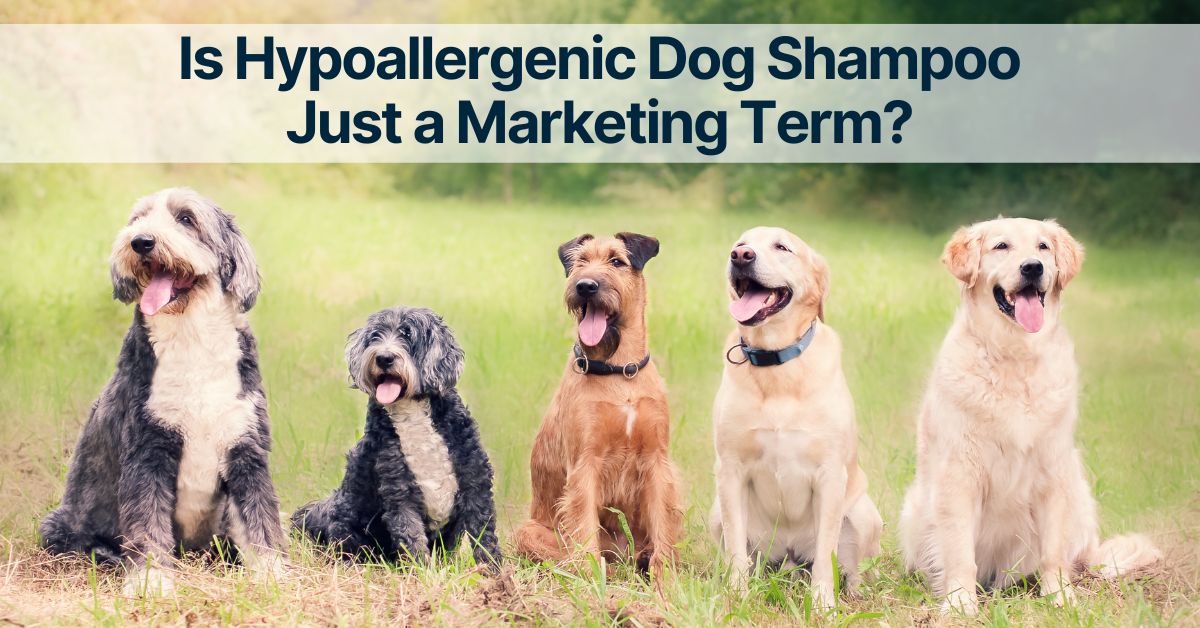Is “Hypoallergenic Dog Shampoo” Just a Marketing Term?
Last month we reviewed the essential qualities for a hypoallergenic dog shampoo.
We identified 3 qualities all of the ingredients in the product must meet in order for it to be a true hypoallergenic dog shampoo:
- Gentle: Hypoallergenic shampoos should use mild, non-irritating ingredients that are less likely to trigger allergies or skin sensitivities.
- Allergen-Free: Hypoallergenic dog shampoos should be formulated to be free from common allergens, such as harsh preservatives, parabens, sulfates, and dyes, which can irritate a dog's skin and coat.
- Moisturizing: These shampoos should incorporate natural moisturizing agents like aloe vera, saponified organic oils, or gentle essential oils that will help to soothe and hydrate the skin, relieving dryness and itching.
Surely other countries had higher standards for the pet industry.
Here is what I found:
Several countries have regulations, guidelines, or standards for the use of the word "hypoallergenic".
-
United States: The U.S. Food and Drug Administration (FDA) has guidelines for the use of the term "hypoallergenic" in human cosmetics and skincare products. The FDA defines "hypoallergenic" as a product that is less likely to cause allergic reactions than other products. Since the FDA does not define or regulate the use of this term, manufacturers have significant flexibility in how they use it. This lack of a specific regulatory definition has led to criticism and debate over the use of the term, since there is no standardized criteria for determining what makes a product hypoallergenic. For pet products, the FDA offers no guidance or regulation.
-
European Union: The European Union (EU) has regulations governing cosmetic products, including guidelines for the use of the term "hypoallergenic" in cosmetics but pet grooming products are generally not covered by Cosmetic Regulation (EC) No 1223/2009 since this regulation specifically pertains to products intended for human use.
-
Canada: Health Canada regulates the use of the term "hypoallergenic" in human cosmetics and personal care products.
-
Australia and New Zealand: The Australian Competition and Consumer Commission (ACCC) and New Zealand Commerce Commission have guidelines related to the use of "hypoallergenic" in human cosmetics and skincare products. These guidelines do not extend to pet products.
-
Japan: Japan's Ministry of Health, Labour and Welfare has regulations governing the use of "hypoallergenic" in human cosmetics and toiletries but these regulations do not extent do pet products.
Best Hypoallergenic Dog Shampoo for Sensitive Skin
While it is important to note that the regulations and standards related to the term "hypoallergenic" can change over time, it would appear that as pet parents, it is your responsibility to do the work to make sure a product advertised as hypoallergenic dog shampoo really is made with ingredients that would be considered hypoallergenic.
It is also important to note that puppy shampoo is often advertised as a hypoallergenic option making it sound like a safer and more gentle option. Next week, we take a deep dive into puppy shampoo to help debunk some marketing gimmicks!
4-Legger dog shampoo offers a number of hypoallergenic options that are also safe for puppies.
These formulations are carefully developed with ingredients that prioritize the health and well-being of dogs with sensitive skin and allergies by avoiding ingredients known to be allergenic triggers.
They exclude common allergens and harsh synthetic chemicals, opting instead for natural, organic, and cruelty-free ingredients.
These gentle formulas help to soothe and cleanse your dog's skin without causing irritation, making them an ideal choice for dogs prone to allergies or skin sensitivities.
By choosing pet grooming products including shampoos that are truly 100% natural and with the added bonus of organic certification through the USDA National Organic Program such as 4-Legger products, you can greatly reduce your dogs exposure to ingredients that can be allergen triggers.





